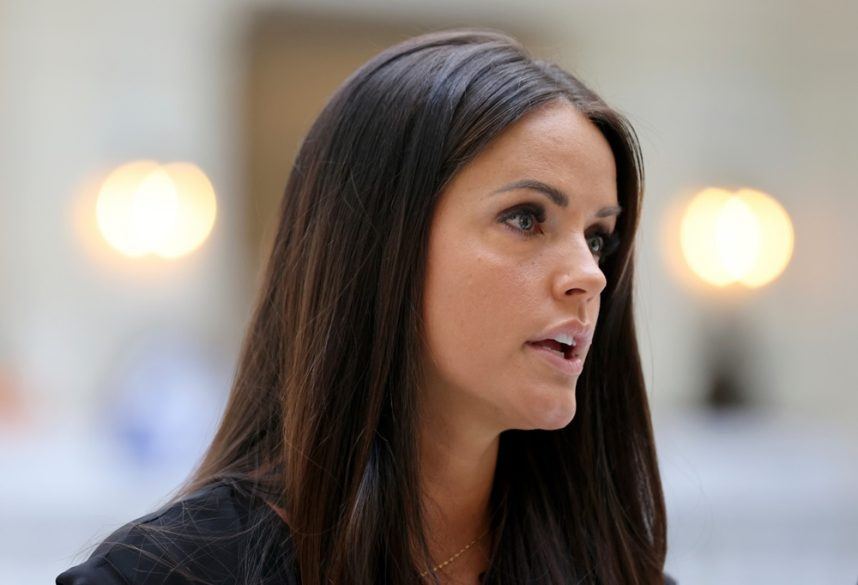Utah Lottery Would be Legal in Certain Counties Under New Proposal
Posted on: August 6, 2024, 11:34h.
Last updated on: August 6, 2024, 02:00h.
Utah State Rep. Kera Birkeland (R) plans to reintroduce a proposed constitutional amendment that would ask Utahns whether to legalize a state lottery. But following the failure of last year’s effort – the proposal was pretty much dead on arrival – this one comes with a twist. Birkeland is suggesting legalizing a lottery only in counties that border states that already sell lotto tickets.

Utah is one of just two states, along with Hawaii, where all forms of gambling are illegal, including church raffles. The constitutional ban on gambling has existed since Utah was granted statehood in 1896. That’s largely down to the Church of Jesus Christ of Latter-day Saints, whose members account for just over half of Utah’s population and which opposes gambling as “spiritually destructive.”
Utahans Spend $200M
But Birkeland is undeterred. She says Utahans spend $200 million a year on lottery tickets in neighboring states. If this money were redirected to Utah, it could mean lower taxes, she argues.
And by legalizing the lottery in certain border counties only, she would be stopping Utahans from crossing the border to buy tickets.
[It means] you don’t have people in the heart of Salt Lake City or wherever else, just walking down the street to a convenience store, buying a lottery ticket. It still creates a little bit of a work to get there,” Birkeland told Fox 13 Salt Lake City.
The plan would exclude many of the state’s most populous cities like Salt Lake, Davis, and Weber, as well as counties on the entire western state line, which borders Nevada. Casino interests in America’s gambling capital have long kept a Nevada lottery at bay. All counties that border Idaho, Wyoming, Colorado, New Mexico, and Arizona would be eligible to opt in.
Big “If”
“There’s still those saying that this is, you know, really going to decay morally our state, and to them, I just hope that this compromise is showing again we’re not changing behaviors, we’re just capturing those same behaviors within our state limits,” Birkeland said.
Birkeland will file the proposed amendment at the 2025 session of the Utah State Legislature. If it passes – and that’s a big “if” — voters would get to decide the issue in November 2026.
No comments yet